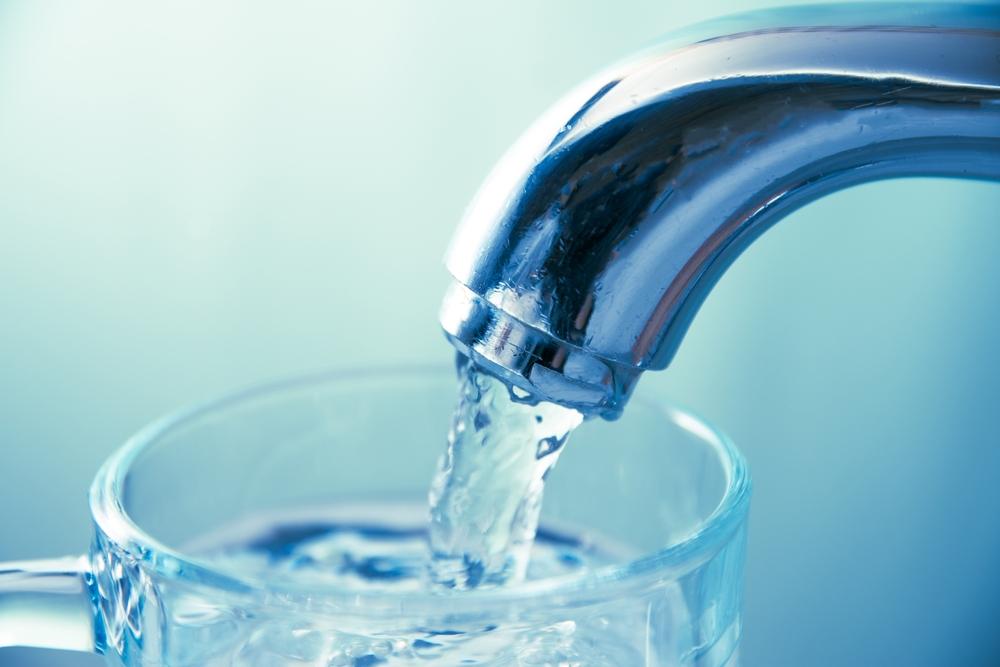Toilets should not be overlooked in the context of climate change, particularly in vulnerable regions like the Pacific Islands, WaterAid Australia has warned.
The non-governmental organisation dedicated to improving access to safe water and hygiene, said it is important to remember that access to sanitation is a human right and essential for health and dignity.





